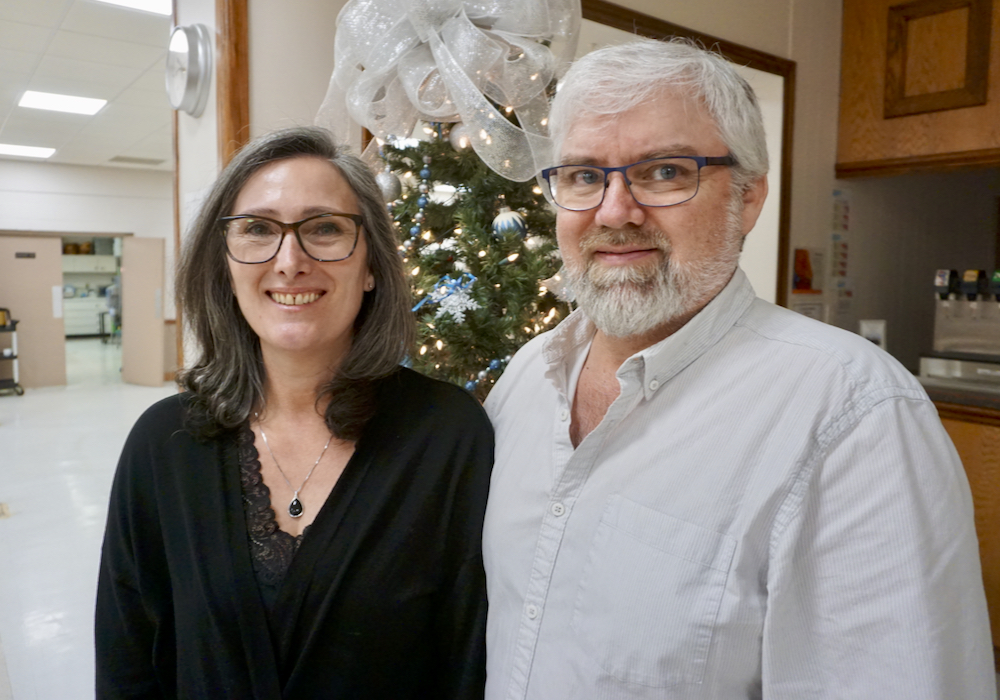Lakeshore-area farmers receive conservation award

Lakeshore-area farm couple Clayton Armstrong and Susan Iatonna are recipients of the latest Essex Region Conservation Authority Conservation Farm Award.
Read Also

Opinion: Agriculture policies need to better serve communities
Canada’s agricultural production model is unsustainable and in desperate need of reform. A range of issues plague the current system,…
Armstrong and Iatonna were lauded for a number of actions in pursuit of greener production. The award is given to farmers who display a range of environmentally minded farming practices.
The award was presented at the December annual meeting of the Essex Soil and Crop Improvement Association in Woodslee.
Featured at the event were sessions highlighting environmental grant opportunities, new developments in winter canola research, and the 2023 Conservation Farm Award.
Armstrong and Iatonna’s conservation work includes minimum and no-till crop practices, precision soil sampling, variable rate fertilizer application, installation of water and sediment control structures and rock chutes to reduce soil erosion, as well as establishment of windbreaks and waterway-adjacent buffer strips.
The couple have also participated in the Canada-Ontario Environmental Farm Plan program and the Essex Region Conservation Authority’s Clean Water, Green Spaces program, an initiative designed to improve regional water quality and enhance natural areas and biodiversity.
Armstrong and Iatonna have also tried to reduce their personal as well as business environmental footprint through installation of solar panels at their home farm.
A critical motivator behind their environmentally-focused production practices, and potential future plans, is the growing unpredictability of seasonal weather. The couple expressed interest in accessing new federal environmental programming (under the Resilient Agricultural Landscape Program) to set up pond and irrigation systems to better insulate their crops from precipitation variability.
“The weather is less and less reliable or the amount of time between weather events is narrowing. We’re getting to the point where we’re thinking we need to retile some of our acres,” says Armstrong.
Source: Farmtario.com

